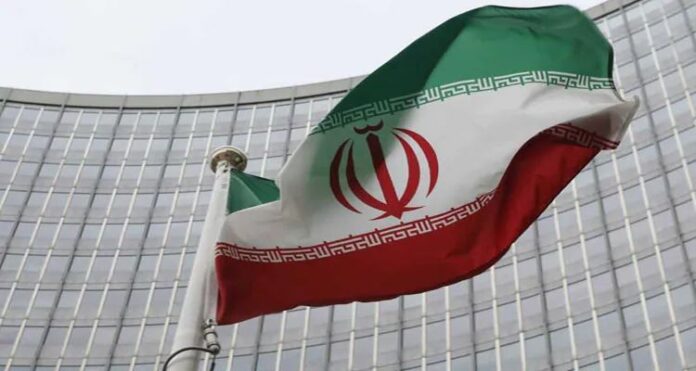| Translate This News In |
|---|
According to the semi-official Fars news agency, Iran possesses the technological ability to create an atomic weapon but has no desire to do so. Mohammad Eslami is the head of the country’s atomic energy organisation. Eslami echoed remarks made in July by Kamal Kharrazi, a top advisor to Supreme Leader Ayatollah Ali Khamenei.
Kharrazi’s comments amounted to a rare admission that the Islamic Republic, which has long denied seeking nuclear weapons, would be interested in them.
Iran has the technological capacity to create an atomic bomb, as Mr. Kharrazi indicated, but such a programme is not on the agenda, according to Eslami.
Iran has already surpassed the quota of 3.67 percent set by Tehran’s now-broken 2015 nuclear agreement with international powers by enriching uranium to up to 60% fissile quality. A nuclear bomb can be made with uranium that has been enriched by 90%.
Former US President Donald Trump abandoned the nuclear agreement in 2018, which had allowed Iran to end its uranium enrichment programme in exchange for respite from international economic sanctions.
According to the chief Iranian nuclear negotiator, Iran has replied to Josep Borrell’s suggestion to save the nuclear agreement and wants the negotiations to end quickly.
Borrell claimed to have offered a fresh draught of the agreement’s text.
“There is a chance that in the near future we will be able to reach a consensus concerning the schedule of a new round of nuclear discussions,” Iranian foreign ministry spokesperson Nasser Kanaani said. “After exchanging communications last week and reviewing the suggested documents.”
After 11 months of indirect negotiations between Tehran and the US administration of US President Joe Biden in Vienna, the general framework of a revitalised deal was virtually reached in March.
However, difficulties arose, notably Tehran’s demand that Washington provide assurances that no US president will renege on the agreement in the same way that Trump did.
Since the nuclear agreement is a political understanding and not a legally binding agreement, Biden is unable to make this pledge.


















